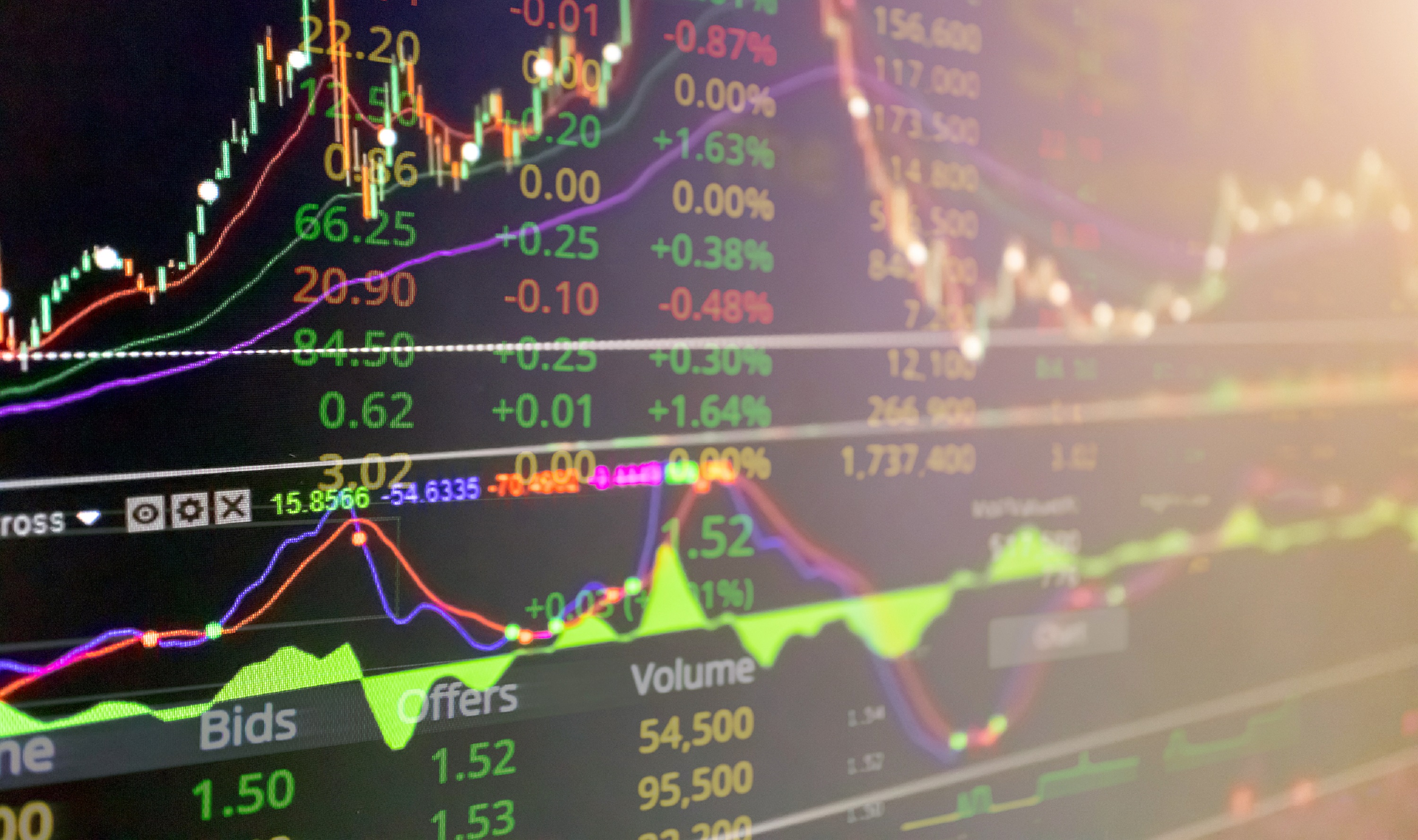
Forex or Foreign exchange is the process of changing one currency into another currency usually for commerce. The forex market is a global marketplace for exchanging national currencies. The forex markets tend to be the largest financial markets in the world with a daily volume of about $6.6 trillion globally. Currencies are traded against each other as exchange rate pairs and the forex markets exist as spot (cash) markets as well as derivatives markets offering forwards, futures, options, and currency swaps. Moreover, the forex exchanges allow for 24/7 trading in currency pairs, making it the world’s largest and most liquid asset market.
While it is the largest market in the world, a relatively small number (~20) of currency pairs are responsible for the majority of volume and activity. Currencies are traded against one another as pairs (e.g., EUR/USD) and each pair is typically quoted in pips (percentage in points) out to four decimal places. In the forex market, currency prices fluctuate based on the economic situation of the countries involved, instability, and financial flows.
Though the forex market’s low barrier of entry makes it one of the world’s most accessible trading markets, this easy entry is not a promise of profit. In this highly volatile trading market, certain practices can result in a complete loss of capital. Therefore, before you step into the world of forex, it is important to understand the market and learn deeper into the tools, techniques, and risk management strategies.
Getting yourself started on the forex trading journey requires specialized knowledge about the basics of trading, a leverage ratio of forex trades, and the drivers for currency price movement. As you learn the basics of forex trading, it’s recommended to open a demo account to practice your strategies and techniques in a virtual trading environment. Finally, set up a brokerage account to get started with forex trading. For beginner traders, it is a good idea to set up a micro forex trading account with low capital requirements. Such accounts have variable trading limits and allow brokers to limit their trades to amounts as low as 1,000 units of a currency.
When it comes to reducing your trading risks, it is important to build an effective trading strategy with a clear sense of financial goals. Knowing your risk tolerance, determining your short- and long-term financial needs are all factors to be considered at this point. Here is a list of rules that every trader should keep in mind while executing their trades. Each of the rules listed here is important and when they work together they can greatly reduce your risk levels.
8 Rules for Successful Trading: